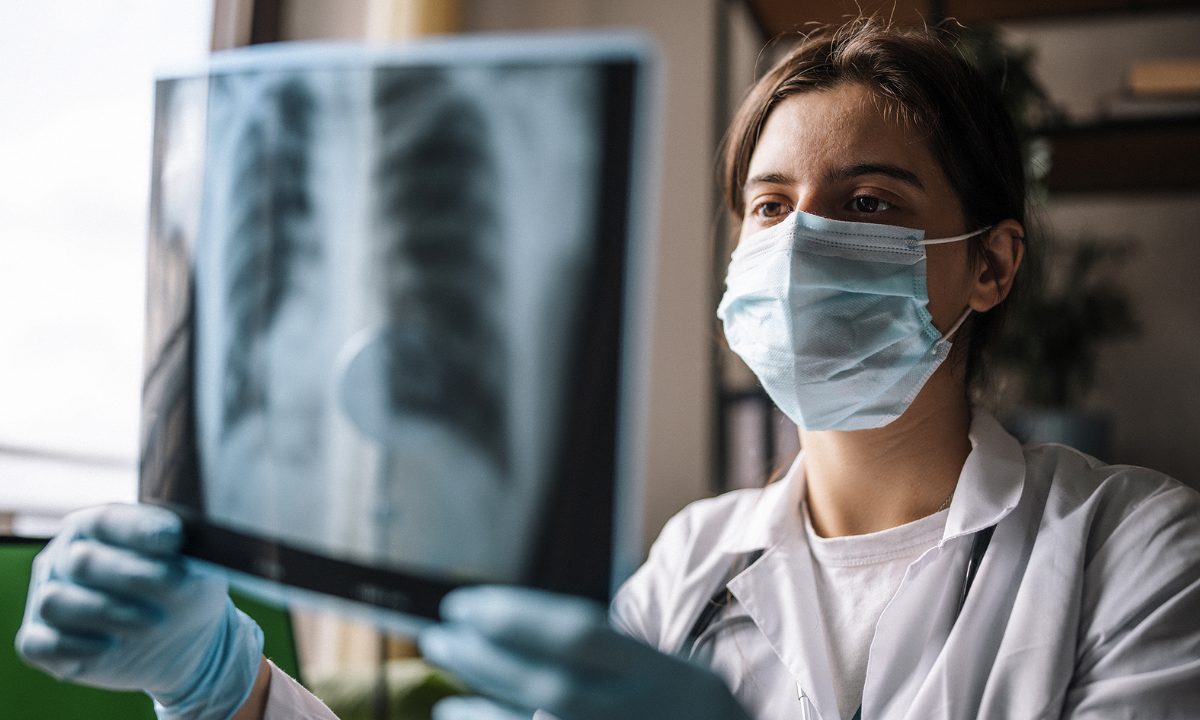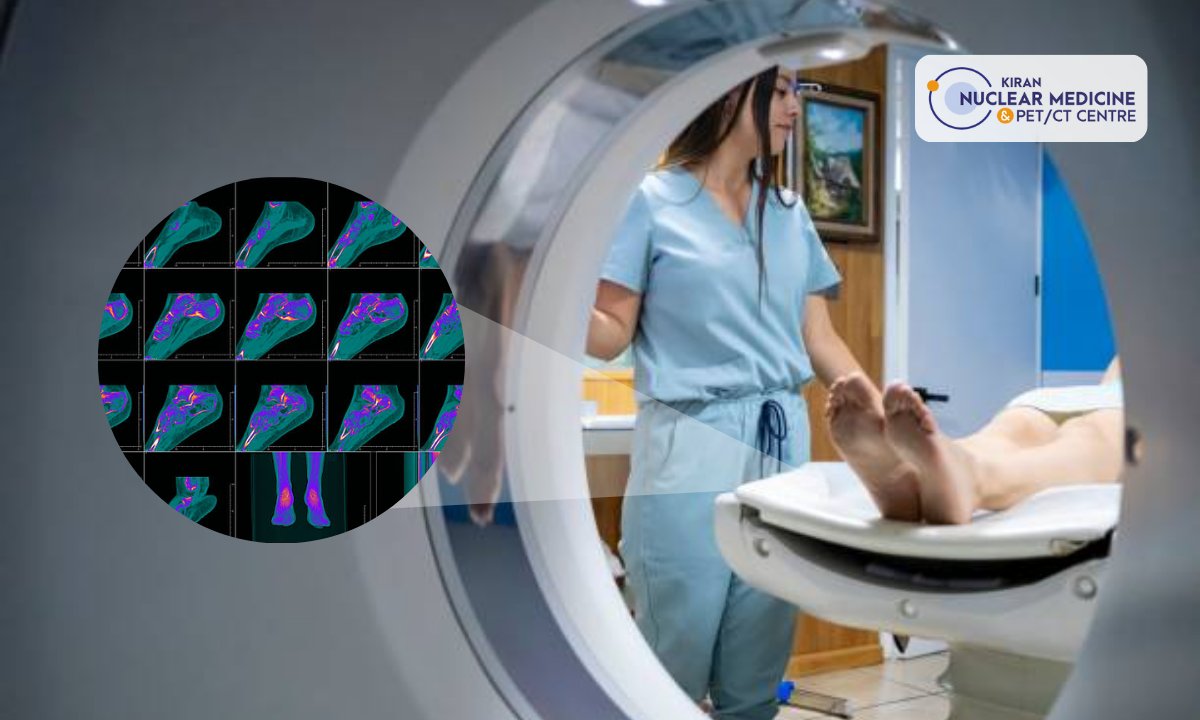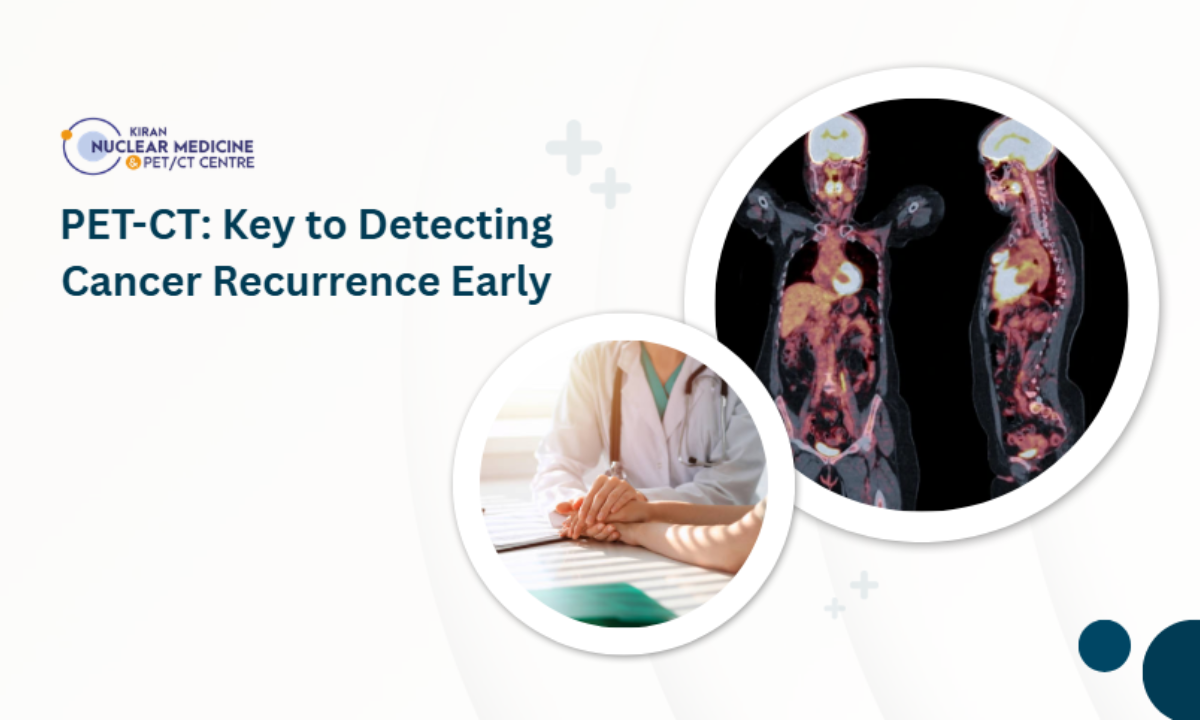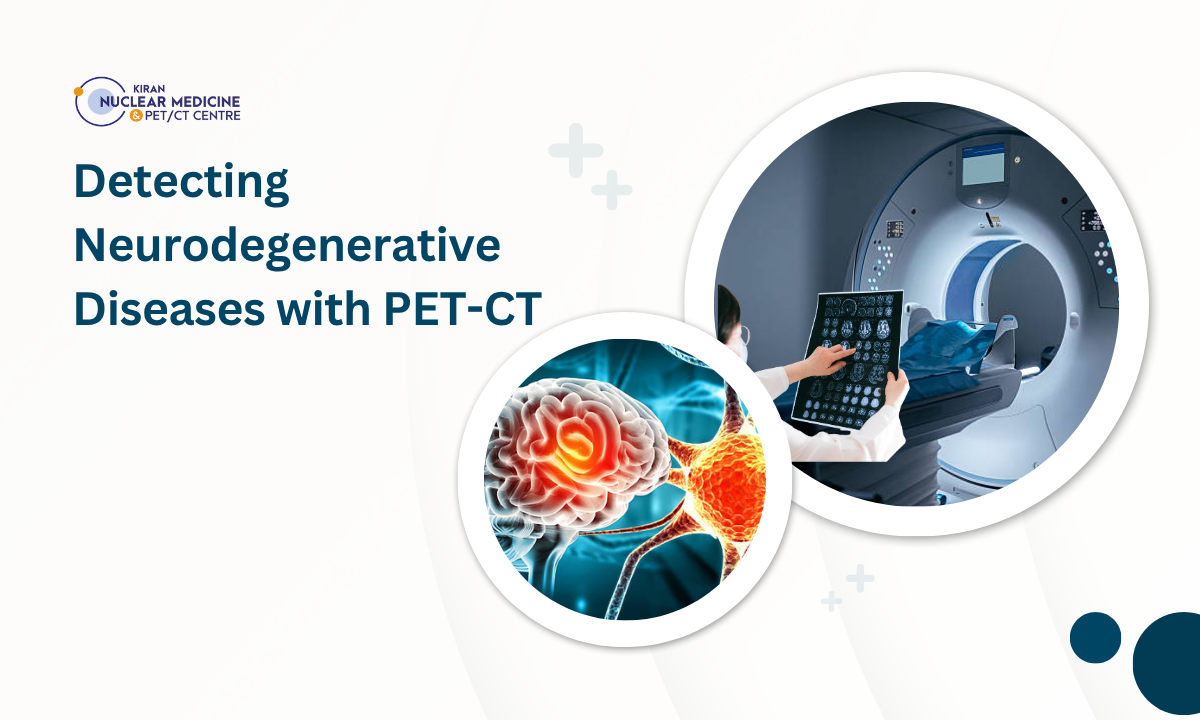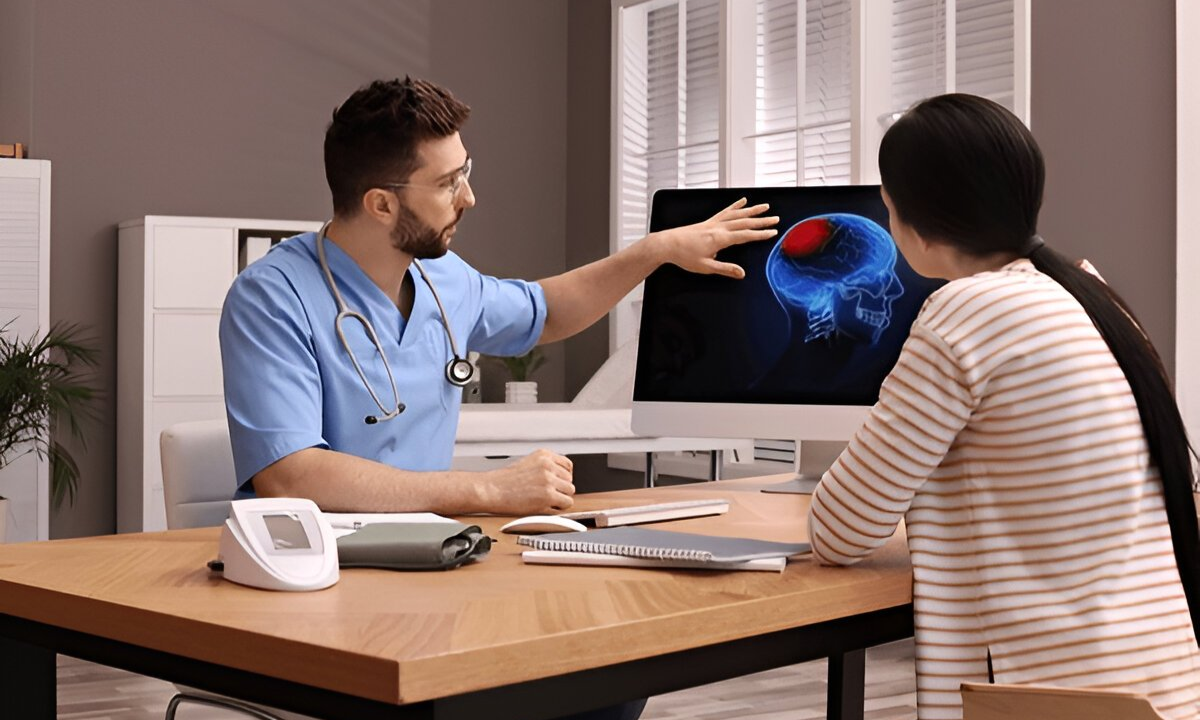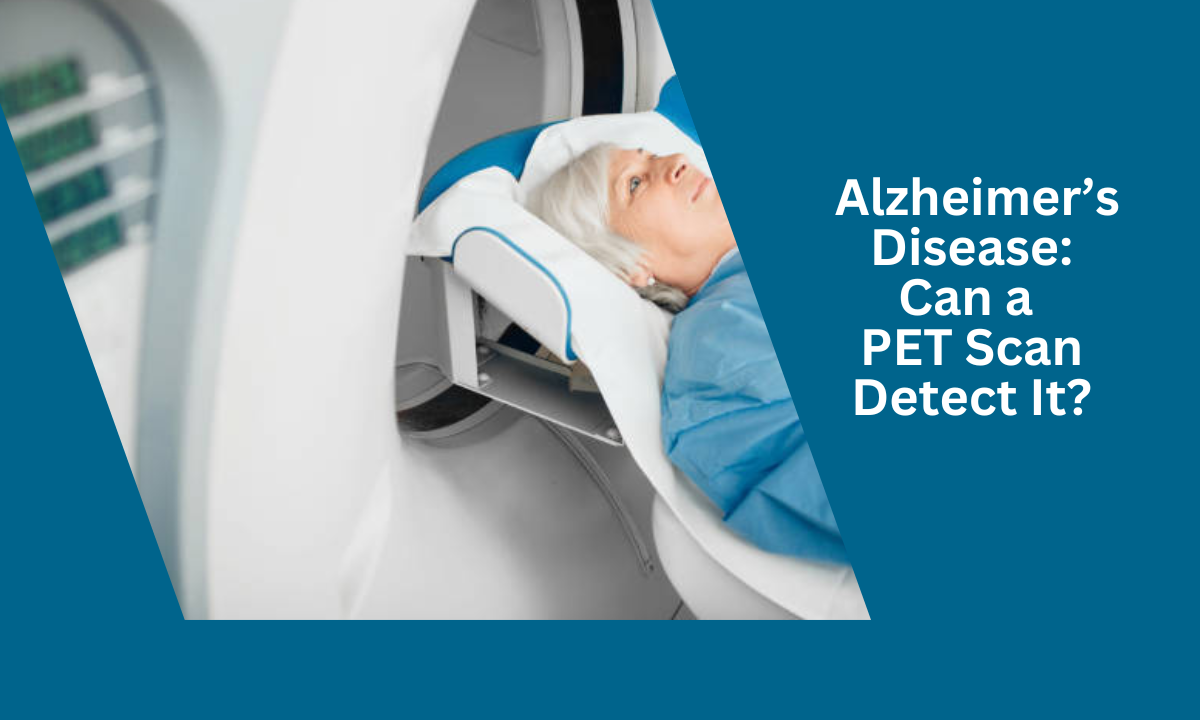Starting a healthcare journey requires challenging decisions, especially regarding diagnostic treatments like a full-body PET scan. This course at the heart of medical advancements, the Best Diagnostic Center in Bangalore, reveals the complex worries about this modern imaging technique.
A full-body PET scan with minute radioactive material is a critical noninvasive disease detection and monitoring approach. It goes beyond surface inspections to provide profound insights into organ and tissue function, enabling earlier detection and more accurate diagnosis.
In these pages, we will go over the many scenarios that necessitate a full-body PET scan. Its applications range from enlightening cancer staging and treatment options to elucidating cardiac and neurological disorders. Let’s take a complete look at how this cutting-edge technology may highlight and improve your healthcare journey, set against the backdrop of Bangalore’s best.
What is a Full-body PET Scan
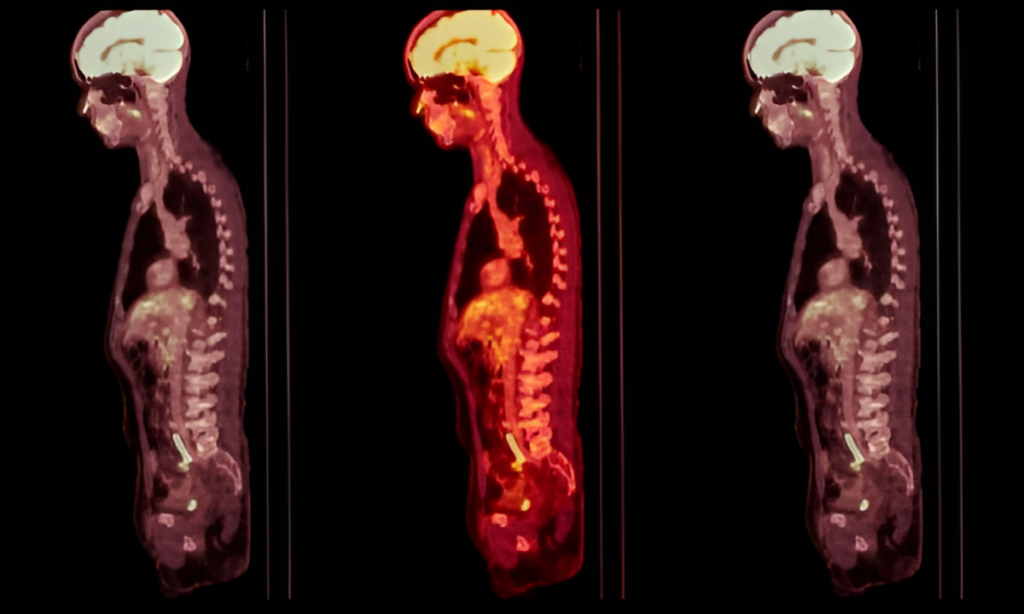
A full-body PET scan is a diagnostic imaging technique that enables doctors to evaluate the function of organs and tissues throughout the body. It requires injecting a radioactive tracer into the patient’s bloodstream. This tracer produces positrons, which the PET scanner detects and uses to create detailed images of the body’s internal structure.
Full-body PET scan images can reveal important details about the metabolic processes of many organs and tissues. This information can assist detect and diagnose a wide range of medical diseases, including cancer, heart disease, and neurological issues. Furthermore, we review the procedural details, from meticulous preparation to the scanning process and post-scan expectations. With this information, consumers can determine whether a Full-body PET scan is appropriate for their healthcare needs.
With Bangalore’s best diagnostic center as our backdrop, let’s thoroughly examine how this cutting-edge technology may illuminate and improve your healthcare journey.
How does a Full-body PET Scan work
Understanding the physics of a full-body PET scan shows a systematic approach to identifying potential health risks. Preparation precedes the scan, and patients can achieve exact findings by following particular suggestions, such as fasting or medication adjustments.
When you arrive at the imaging center, a small dose of radioactive tracer, usually a glucose derivative, is administered intravenously. This tracer replicates the body’s natural metabolic processes, making it more straightforward to detect excessive activity, which may signal underlying problems.
After the injection, individuals experience an uptake period during which the tracer spreads throughout their bodies. This period varies depending on the tracer type, and the scan attempts to cover the body completely.
Common Uses of Full Body PET Scans
Full-body PET scans are at the vanguard of modern medicine, with a variety of applications critical to holistic healthcare. These scans are essential tools in Bangalore’s dynamic medical landscape, providing crucial insights into a wide range of medical disorders.
They are primarily used in cancer staging and therapy planning, allowing for exact assessments of disease spread, treatment response, and the implementation of personalized treatment plans. Furthermore, in the field of heart health, full-body PET scans expose the complexities of blood flow and metabolic activity, assisting in the diagnosis of coronary artery disease, risk assessment for heart attacks, and evaluation of treatment efficacy.
Furthermore, they are invaluable aids in the diagnosis of neurological illnesses such as Alzheimer’s disease, Parkinson’s disease, and epilepsy, providing insights into brain metabolic activity that allow for reliable diagnosis and monitoring. Aside from cancer and cardiac diseases, full-body PET scans help to detect infections, evaluate inflammatory spread, and measure therapy success, ensuring comprehensive patient care.
Access to modern diagnostic technology such as PET-CT scans is critical for achieving the best patient outcomes in Bangalore’s thriving healthcare ecosystem. Understanding the numerous applications of full-body PET scans is critical for making informed healthcare decisions.
Benefits and Risks of Full Body PET Scans
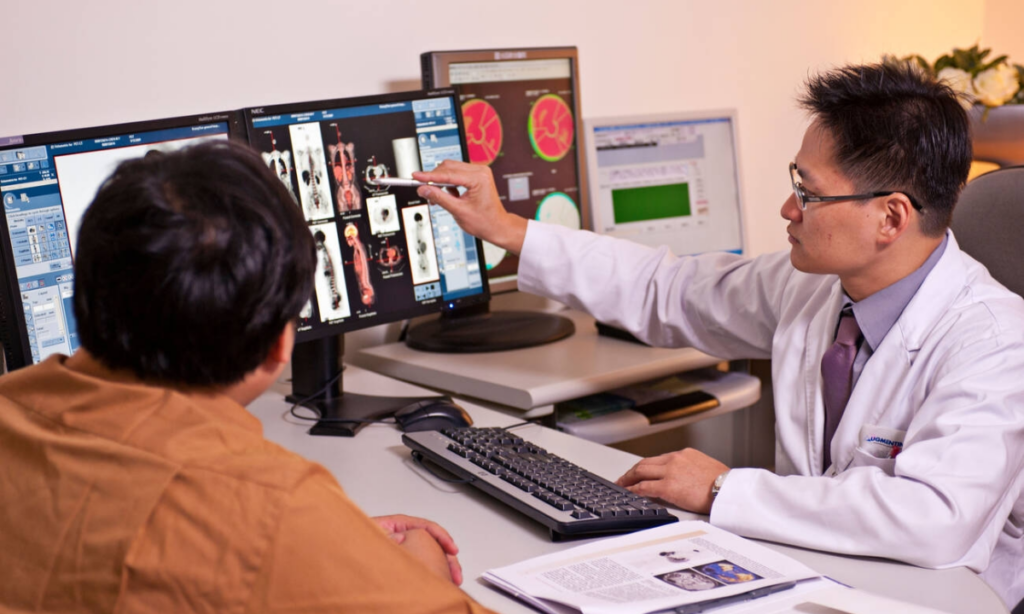
Full-body PET scans have both benefits and drawbacks, highlighting the need of making informed decisions at medical checkups. Among the advantages, these scans provide extensive insights into organ and tissue metabolic activity, enabling for the early detection and diagnosis of a variety of medical problems. This comprehensive understanding enables healthcare providers to devise more effective treatment options, resulting in better patient results.
Furthermore, full-body PET scans are popular since they are minimally invasive and provide patient comfort. Although providing a radioactive tracer exposes you to radiation, it is often safe and quickly cleared from your body. The procedure is painless, there is no recuperation time, and patients can return to their normal activities right away.
Nonetheless, it is critical to determine the radiation dose associated with whole-body PET scans. While the radiation dose is low and generally safe for diagnostic purposes, individuals, particularly pregnant women and those with high radiation sensitivity, should consult with their doctors to consider potential hazards before undertaking such scans.
Recognizing the benefits and potential risks of full-body PET scans is critical for making educated decisions in Bangalore’s fast-paced healthcare sector. Exploring these facts ensures that patients receive the best possible care while coping with issues such as PET scan costs and radiation exposure.
When to consider a Full Body PET Scan
Full-body PET scans are used in a wide range of medical contexts, each with its own set of diagnostic challenges and treatment requirements. PET scans in cancer patients can help to stage the disease, assess treatment efficacy, and detect recurrences or metastases. This helps to tailor treatment regimens for the greatest results.
Furthermore, full-body PET scans can benefit patients with heart disease symptoms or risk factors by closely monitoring cardiac blood flow and metabolic activity. This enables the detection of coronary artery disease, risk assessment for heart attacks, and the development of tailored treatment options that culminate in comprehensive heart health care.
Furthermore, patients dealing with neurological illnesses such as Alzheimer’s, Parkinson’s, or epilepsy benefit from full-body PET scans. These scans reveal specific data about brain metabolic activity, allowing for more accurate diagnosis and illness monitoring, and ultimately improving therapy precision.
Aside from cancer and heart issues, full-body PET scans are critical for identifying infections, measuring inflammation, and determining therapy efficacy in a variety of medical fields. Individual medical histories and symptoms dictate the decision to have a full-body PET scan, ensuring individualized diagnostic and treatment procedures under the supervision of healthcare specialists.
Conclusion and Final Considerations
However, before deciding on a full-body PET scan, you should consult with your doctor about the possible benefits and risks. A personalized evaluation can be used to determine the efficacy of this imaging technique for your individual scenario.
Full-body PET scans are effective diagnostic tools, but they are only one of many medical imaging modalities available. Collaboration with your healthcare team is essential for developing a complete diagnosis and treatment plan that is tailored to your specific requirements.
Using the information in this guide, you can make informed decisions about full-body PET scans. You and your healthcare practitioner can collaborate to help you achieve the best results possible. This includes having access to crucial resources like CT scans in Bangalore and reputable diagnostic facilities, which ensure a holistic approach to your health and well-being.
Kiranpet Diagnostic Centre offers comprehensive medical imaging and diagnostic services, providing accurate and timely results to support patient care. Contact us today +91 70902 70904

